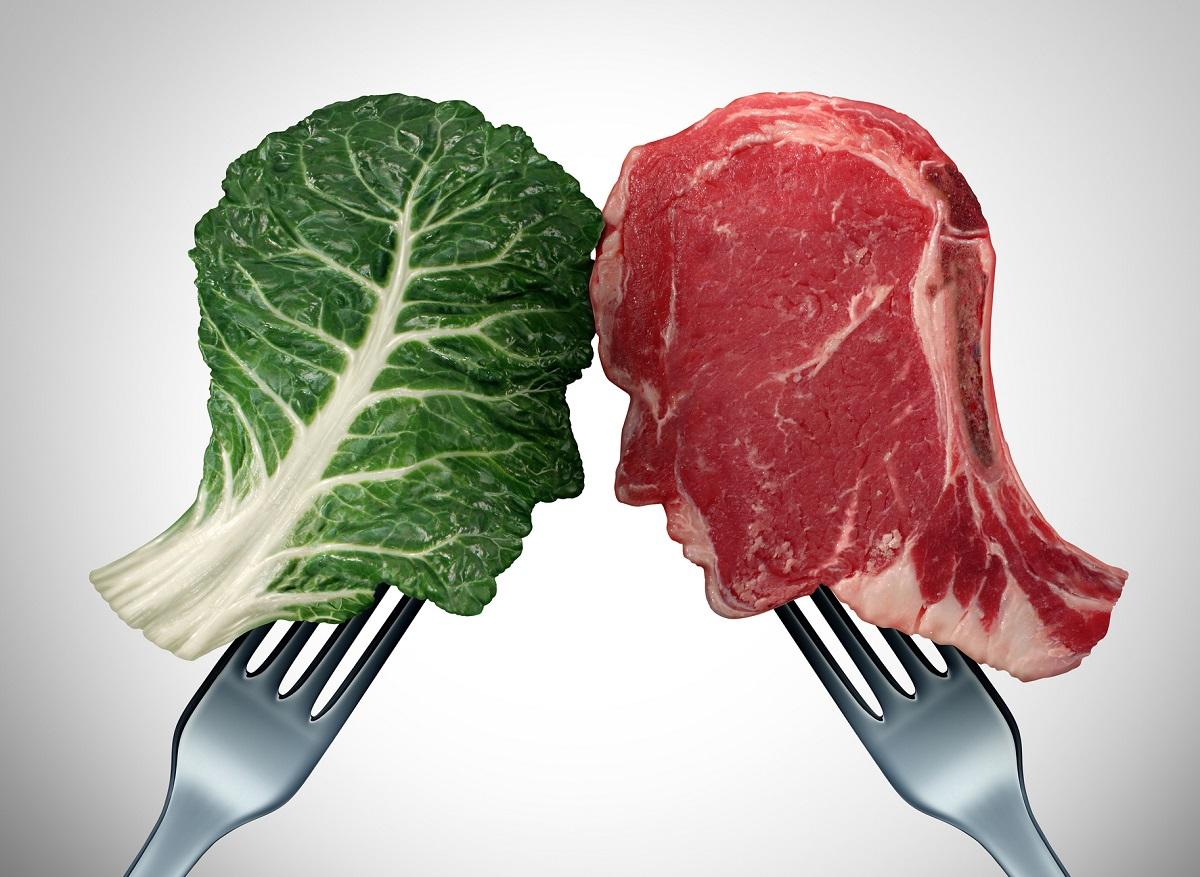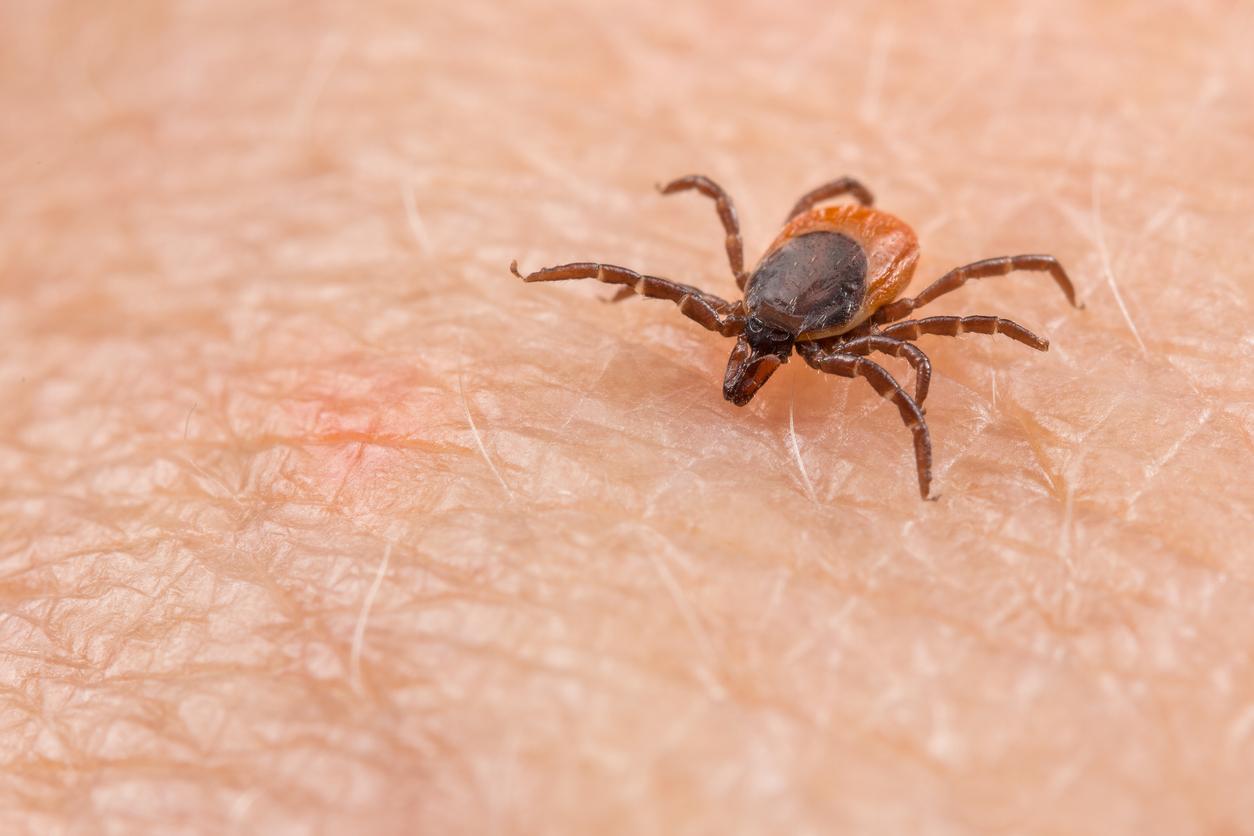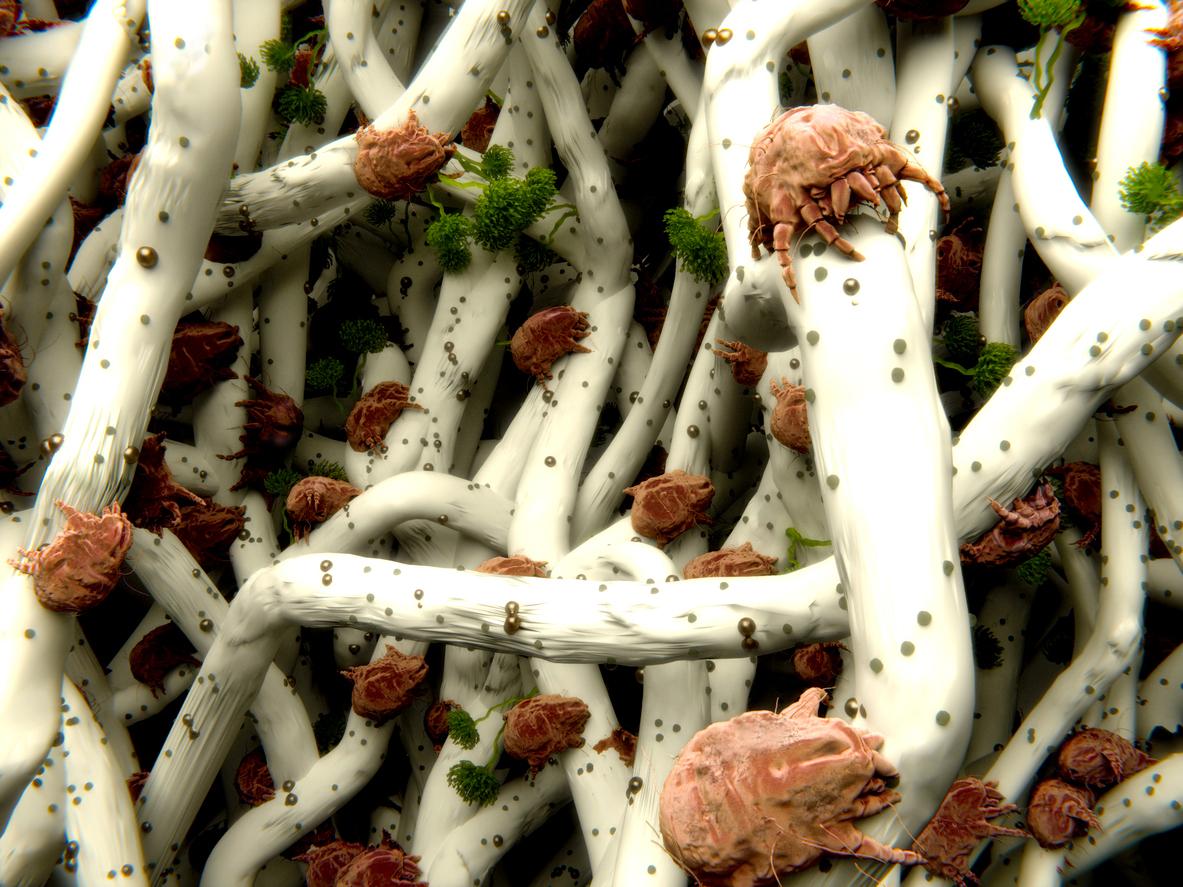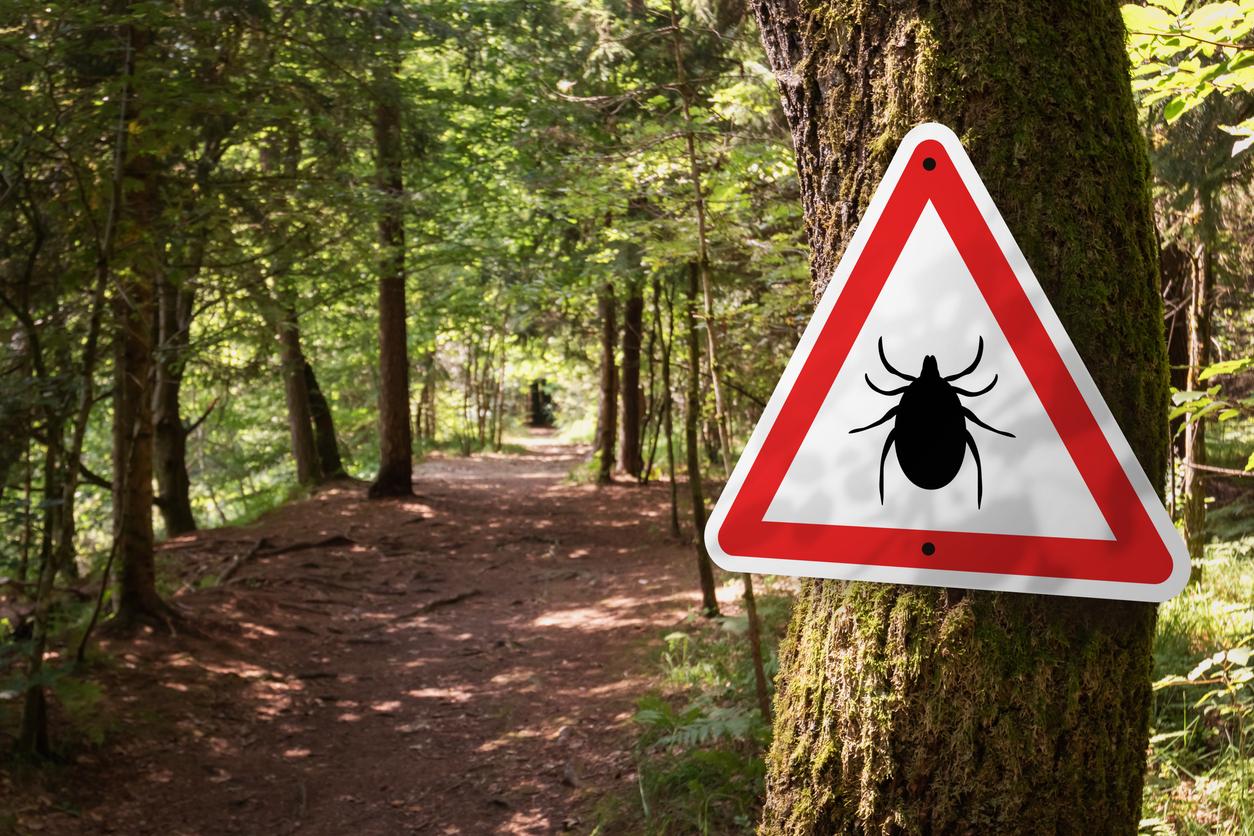A 60-something American man developed alpha-gal syndrome due to a tick bite, which forced him to cut red meat and dairy products from his diet.
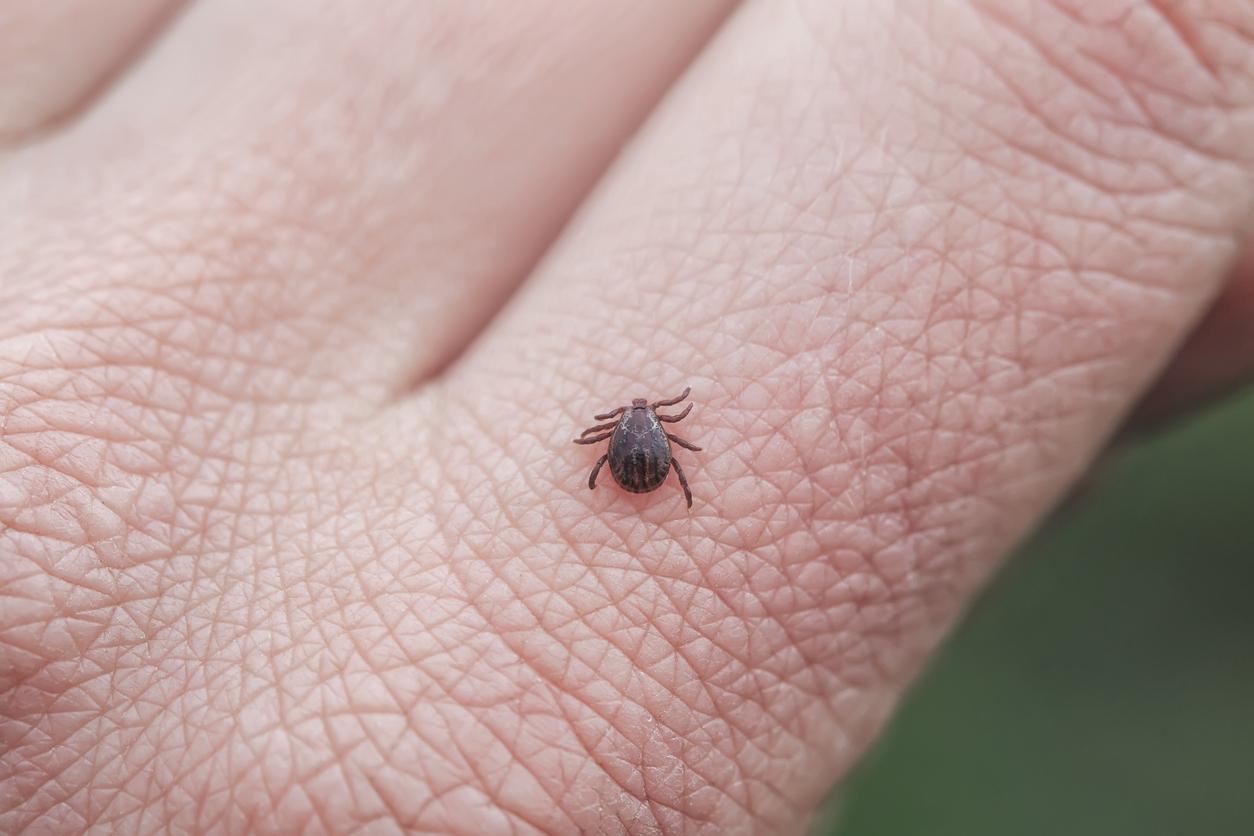
- In the spring of 2022, a New Jersey resident was bitten by a lone tick.
- After this bite, he developed alpha-gal syndrome. As part of this disease, the immune system is disrupted and attacks the “alpha-gal” molecule present in most mammals.
- From now on, the sexagenarian can no longer eat meat or dairy products.
“Everything changed, my life was completely turned upside down”. Retired laborer Craig Smith told the local newspaper. NJ.com. In the spring of 2022, the resident of New Jersey (USA) was bitten by a solitary tick, “a fierce and voracious bloodsucker that feeds on birds and mammals such as deer or dogs.” In the middle of the night, he woke up to find a reddish rash that stretched across his arms, legs and back. The plaques in question were painful, intensely itchy and hot to the touch.
The next day, he decides to see a doctor and an allergist, but neither can diagnose his condition. To reduce the rashes, they prescribe him steroids. Problem: Each time the 62-year-old man’s treatment is completed, the plaques reappear. It was then that practitioners suggested that he suffered from alpha-gal syndrome.
Alpha-gal syndrome: a solitary tick bite in question
The alpha-gal syndrome is “a serious allergic reaction that may be life-threatening. Symptoms (i.e. skin rash, heartburn, diarrhea, shortness of breath, dizziness, low blood pressure, or swelling of the lips, throat, tongue, or eyelids) occur two to six hours after people eat red meat or are exposed to other alpha-gal-containing products. namely a sugar molecule present in most mammals, according to the Centers for Disease Control and Prevention.
During a consultation, health professionals explain to the 60-year-old that alpha-gal syndrome is often caused by the bites of a solitary tick, identified by the white spot on its back. Craig Smith directly makes the connection and tells them that he was recently bitten by a tick. Doctors ask him to do a set of examinations that confirm the diagnosis. Quickly, they recommend that he change his diet, more specifically not to eat meat (beef, pork, lamb, etc.) or dairy products (milk, cheese) which may contain the molecule.
“Food, medicine, it affected my couple”
The former laborer, who had bad eating habits since childhood, said the change, stress and frustration led to his depression. “The food, the drugs, when you add it all together, it affected my relationship.” After dealing with these difficulties, the patient said he has now adapted to his new diet.










